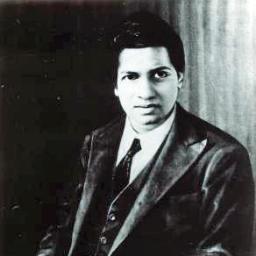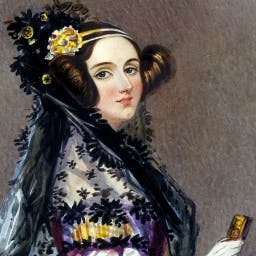Year 4 - Ramanujan Class and Lovelace Class


Ramanujan Class
Class teacher: Miss Hayley Savory and Mrs Dawn Mobey
Learning Assistants: Mrs Lucy Bowler, Mrs Agnes Gardner
Lovelace Class
Class teacher: Mrs. Holmes
Learning Assistants: Miss Sharon Dawson
Curriculum




